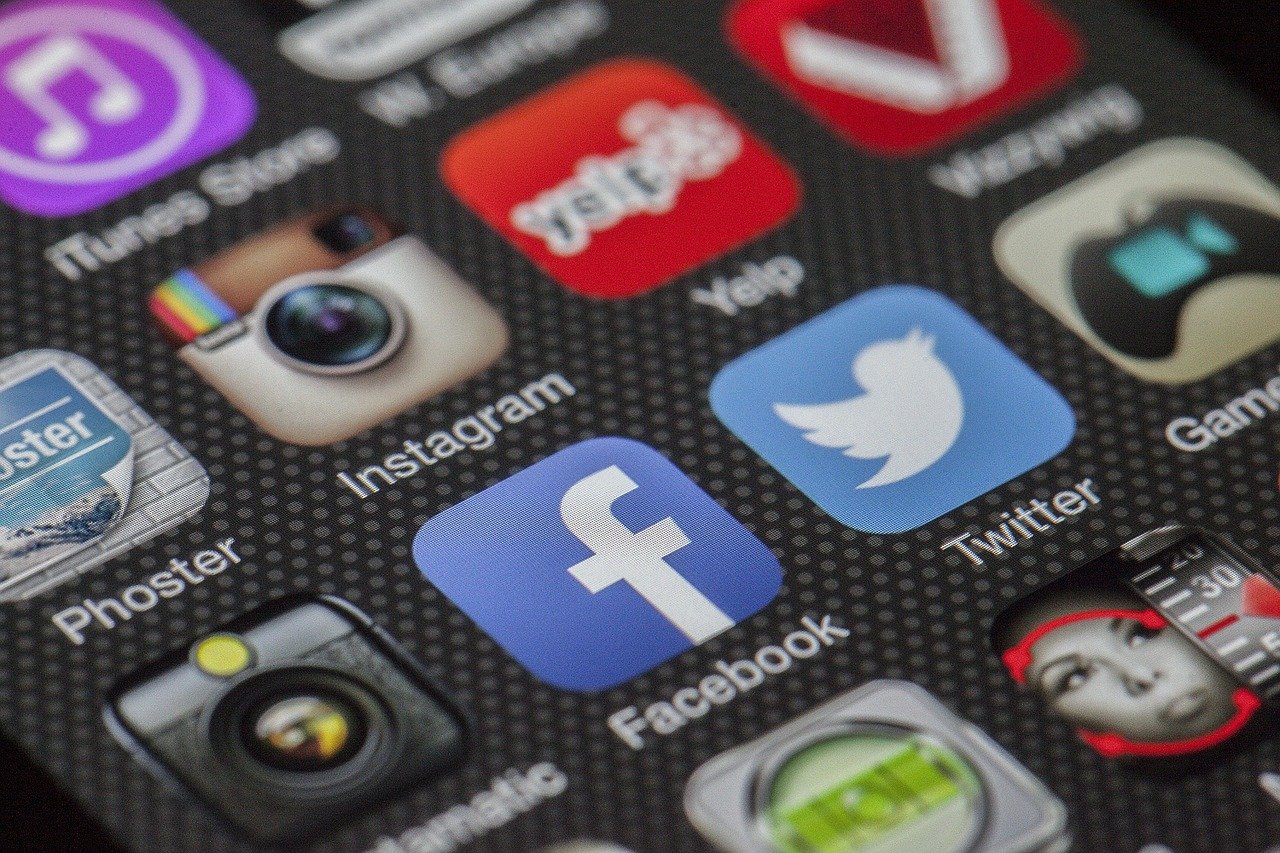Many of us used to own a set of encyclopedias. Because we paid for World Book and Britannica, their price got added to the GDP. However, now, for nothing, we use Wikipedia.
Where are we going? To what our GDP could count.
Monetizing Digital Services
In a new study, researchers monetized digital services. Able to use Facebook as their platform, they collected data from almost 40,000 individuals in 13 countries. Respondents let them calculate hypothetical prices by saying how much they would have to be paid to stop using the digital services for one month.
Depending on the country, the value of Facebook varied. At $11 for Romania and $57 for Norway, less affluent countries had lower prices.
Also, you can see the law of demand, Below, the higher the offer, the fewer the rejections:

The GDP Impact
The GDP has always been a dollar yardstick of the goods and services we produce. Originated during the 1930s, it targeted the prices of all that was produced. As a result, statisticians do not count unpaid work done at home like cooking the family dinner, However, the GDP does include the services from a paid chef.
Fast forwarding to 2023, we have a problem. Much more than during the 1930s, unpaid services represent considerable economic activity. Using the calculations from this new paper, the U.S. GDP could have an extra $137 billion from Facebook if the “welfare” from digital services were included. Meanwhile, the total would be $1.2 billion for Ireland.
Indeed, a separate version of the GDP with the “welfare” value of 10 digital goods could range from $1.29 trillion in the U.S. to $13 billion in Romania:

Our Bottom Line: Consumer Surplus
Simply defined, consumer surplus is just the amount we are willing to pay beyond the actual price. As a result, by monetizing the digital services that are free, we can see that their consumer surplus is huge.
With consumer surplus in mind, Google search winds up at the top of the list:
How much would you pay for Google search?
My sources and more: I thank my David Wessel (Brookings) email for alerting me to the digital welfare study. The ideal complement, this past econlife post.had some of the same research.







